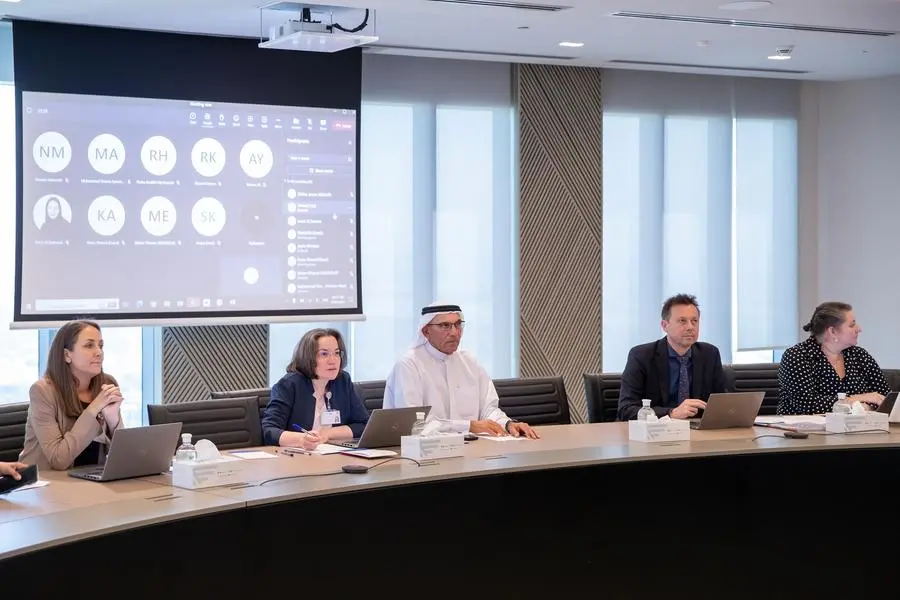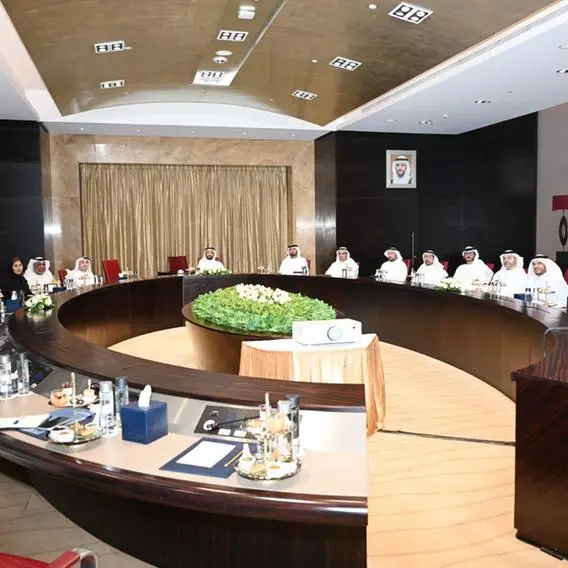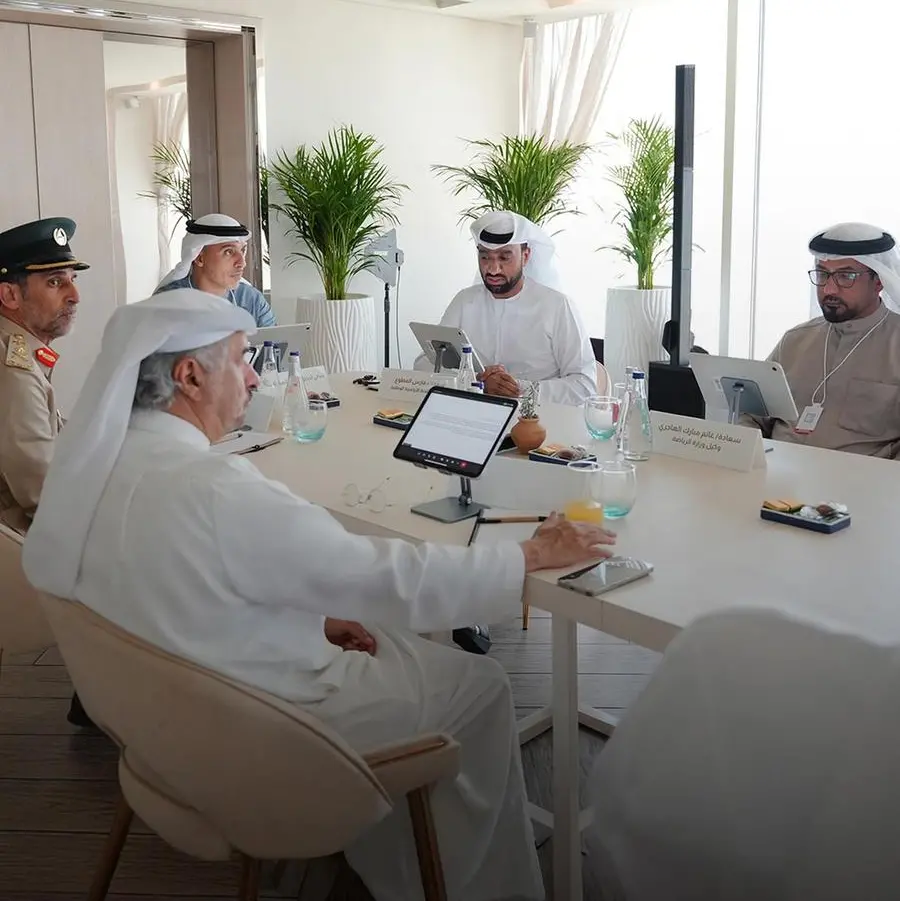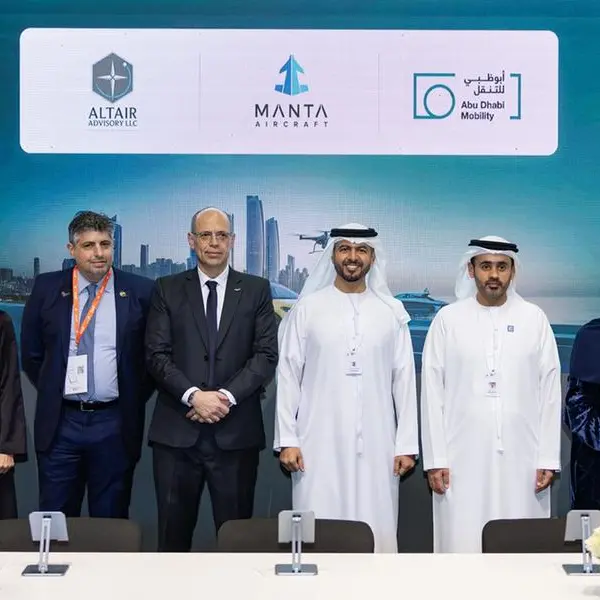PHOTO
Dubai, UAE:– The Federal Tax Authority (“FTA”) has announced that starting from 1 July 2023, qualifying registrants who supply goods and services through e-commerce at a value exceeding AED100 million during a calendar year must report in their Value Added Tax (“VAT”) returns the supplies based on the Emirate in which the supplies are received, in addition to keeping supporting evidence and records of their transactions to prove the Emirate where the supply was received.
This announcement was made during an in-person and virtual awareness session organised by the FTA at its headquarters in Dubai, with representatives of various private sector companies in attendance. The session highlighted the amendments to Emirates’ reporting related to e-commerce supplies by qualifying registrants, to meet the requirements of the Cabinet Decision No. 99 of 2022 on the amendment of some provisions of the Cabinet Decision No. 52 of 2017 on the Executive Regulation of the Federal Decree-Law No. 8 of 2017 on Value Added Tax.
Inaugurated by the FTA Director General His Excellency Khalid Ali Al Bustani, the FTA’s experts gave a presentation on the new amendments, the conditions and criteria for supplies to qualify as e-commerce supplies under the reporting rules and the updated reporting process for such supplies in the VAT tax returns, based on the emirate where the supply of goods or services is received by the customer. The mechanism and procedure for completing and submitting VAT returns in respect of e-commerce supplies per Emirate by qualifying registrants through the EmaraTax digital services platform was presented by the FTA.
“The FTS is committed to maintaining constant communication with its strategic partners in the government and private sectors to keep them informed of all developments and introduce them to the continuous updates to the tax system,” said H.E. Al Bustani. “Our aim is to facilitate self-compliance with tax regulations, and to maintain the highest levels of quality and efficiency in performance. This direct communication allows the FTA to listen to customers’ and stakeholders’ opinions and suggestions, taking them into account when implementing improvement measures, designed to bring the FTA in alignment with the new methodology for government work, and set the stage for implementing the best procedures that cater to the requirements of the future, which will reflect positively on customers.”
“In light of the growing importance of the e-commerce sector,” H.E. continued, “clear mechanisms have been outlined for the supply of goods and services via electronic means, which contribute to both supporting the activities of this vital sector and ensure accurate tax compliance and reporting for e-commerce supplies. The UAE is one of the fastest growing e-commerce markets in the region with an advanced digital infrastructure and environment, coupled with growth-friendly legislation.”
During the awareness session, the FTA experts provided a detailed explanation on how to determine if taxable supplies that are made through e-commerce are subject to updated reporting requirements, and in which Emirate these supplies must be declared in Box 1 of the VAT Return.
It was added that special rules have been introduced to determine the Emirate against which relevant e-commerce supplies are to be recorded and reported for VAT purposes, as applicable from 1 July 2023 to taxable persons supplying goods and services through e-commerce and exceeding a threshold of AED100 million in a calendar year for such relevant supplies.
For the purposes of Emirates’ reporting, the experts added, the term “e-commerce” is defined as the process of selling goods or services through electronic means, an electronic platform, a store on social media, or electronic applications, in accordance with criteria and conditions determined by the Ministerial Decision issued in February 2023 on the Criteria and Conditions for Electronic Commerce for the Purposes of Keeping Records of the Supplies Made, which is available on the FTA website.
The session clarified the technical aspects related to tax transactions for the e-commerce sector; the legal principles related to these aspects; arrangements for undisclosed agents; incidental supplies to the e-commerce supplies; the threshold for qualifying registrants; and the reporting time period to, offering practical examples of these aspects. Further, all of the participants’ enquiries were answered from a transparency approach and to promote accuracy and facilitate tax compliance.
-Ends-
The Federal Tax Authority was established by Federal Decree-Law No. (13) of 2016 to help diversify the national economy and increase non-oil revenues in the UAE through the management and collection of federal taxes based on international best practices and standards, as well as to provide all means of support to enable taxpayers to comply with the tax laws and procedures. Since its inception in 2017, the FTA has been committed to cooperate with the competent authorities to establish a comprehensive and balanced system to make the UAE one of the first countries in the world to implement a fully electronic tax system that encourages voluntary compliance, with simple procedures based on the highest standards of transparency and accuracy – beginning from registration, to the submission of tax returns, to the payment of due taxes through the Authority’s website: www.tax.gov.ae




















